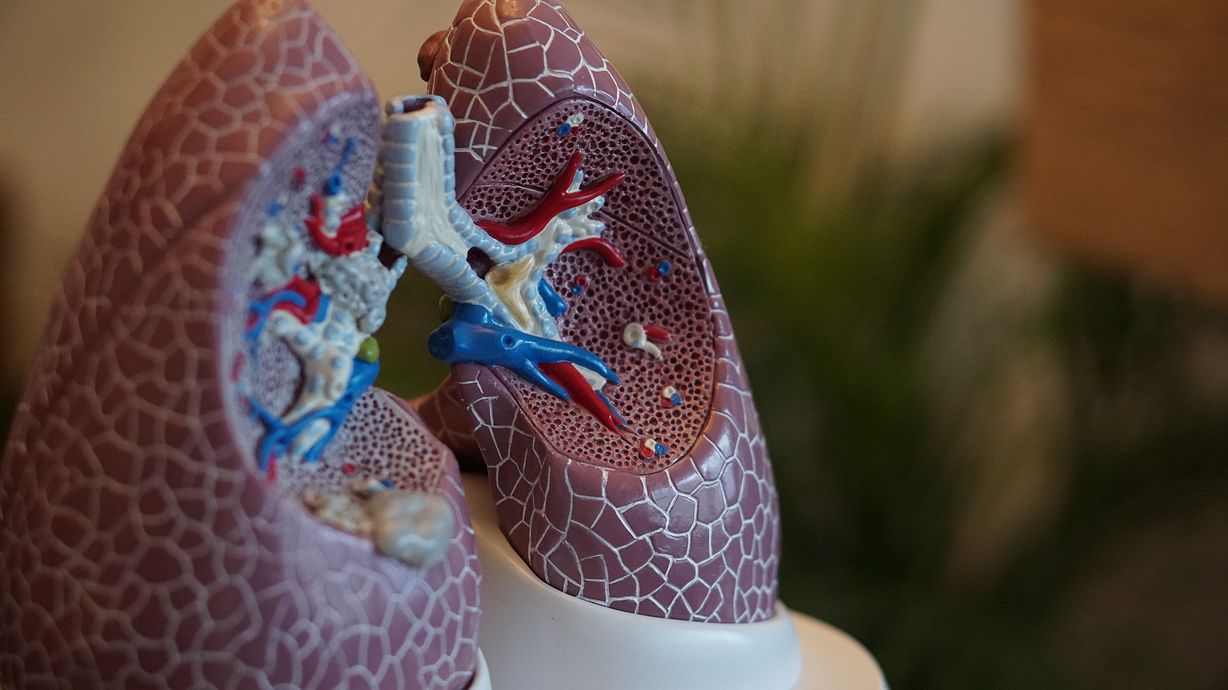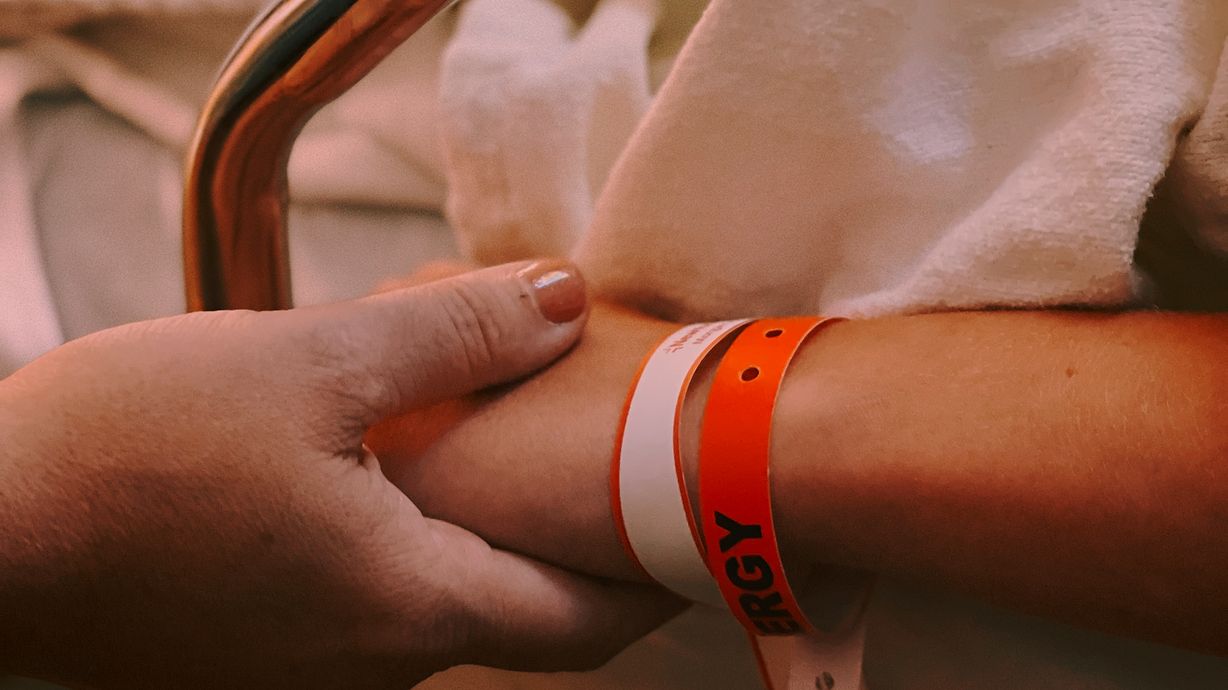Lung cancer screening using low-dose CT scans is recommended for identifying early-stage cancer. American College of Radiology (ACR) guidelines specify that the CTDIvol for lung cancer screening in average-sized patients (170 cm, 70 kg, BMI of 24.1 kg/m2) should be ≤3 mGy, while National Comprehensive Cancer Care Network (NCCN) guidelines suggest an effective dose of ≤3 mSv for patients with BMI ≤30 kg/m2 and ≤5 mSv for patients with BMI >30 kg/m2. Even when following these guidelines, the cumulative effects of repeated radiation exposure may cause irreversible damage, especially for high-risk patients. Studies have found that patient size and orientation, CT scan protocols, and image reconstruction parameters can all affect patient dose exposure. While Iterative Reconstruction (IR) is commonly used to assist in lowering dose, high strength -application of IR does introduce image characteristics which compromise quality. New AI-powered image processing tools such as PixelShine® can consistently provide good quality CT scans.This can be achieved without sacrificing diagnostic image quality – creating a breakthrough for lung screening programs.
Dean Kaufman
Recent Posts
Low Dose Lung Screening – Are You Truly Operating As Low As Reasonably Attainable (ALARA)?
Aug 10, 2021 3:30:00 PM / by Dean Kaufman posted in CT Image Quality, Low Dose, Lung Screening, Noise Reduction
How AI Can Significantly Enhance the Quality of Pediatric CT Scans?
Aug 3, 2021 10:54:00 AM / by Dean Kaufman posted in CT Image Quality, Low Dose, Pediatric CT, Noise Reduction
Pediatric radiology teams strive to do everything possible to minimize dose exposure to children during a CT exam. However, even when deploying the latest scanner technologies in combination with dose-optimized protocols there is a limit to the level that dose can be reduced before the images become too noisy. This becomes particularly challenging with very small children, pediatric cancer patients and children with high Body Mass Index (BMI). PixelShine is a new image processing tool that uses Deep Learning methods to significantly reduce CT image noise,
Two Benefits of Using PixelShine
Jul 30, 2021 7:30:00 AM / by Dean Kaufman posted in CT Image Quality, Low Dose, Noise Reduction
What if you could improve the quality and efficiency of your existing CTs without incurring the high cost associated with purchasing a new scanner? Using Deep Learning Reconstruction (DLR) technology PixelShine can automatically enhance and harmonize the image quality of studies acquired by any CT scanner at the lowest possible dose –extending the life of older scanners and deferring costly and disruptive replacement projects. This is an exceptional opportunity as Covid-19 impacts the traditional revenue stream of any hospital.
.png?width=1000&height=200&name=AlgoMedica-Logo@2x%20(3).png)


